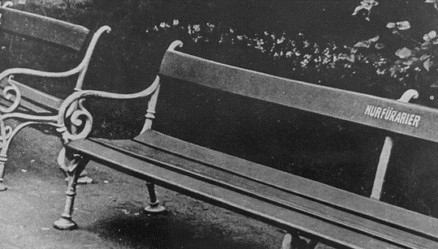Supporting schools and teachers to mark Holocaust Memorial Day 2024

The Centre is pleased to launch three resources to support teachers and schools marking Holocaust Memorial Day 2024 by leading discussion of its theme ‘Fragility of Freedom’.
Our HMD2024 response for KS3, 4 and 5 students, takes the form of material stimuli that aims to provide 5x 10-15mins ‘fragments’, for stimuli discussion and activities for use in tutor time, lessons, during an assembly, to frame and support discussion and reflection. These fragments reveal the ‘fragility’ and help us explore aspects of the ‘freedoms’ taken or forever changed by the Holocaust and Nazi persecution.
- ‘Fragments’ to mark HMD2024_KS3
- ‘Fragments to mark HMD2024_KS4
- ‘Fragments’ to mark HMD2024_KS5 or Post16
These discussion and reflection stimuli take as their focus, one example – Dachau concentration image. Centring learners and teachers attention on one space, place and ‘fragmented’ window into the past, allows us to learn more about the Holocaust and reflect on what the ‘Fragility of Freedom’ meant/means, then and now. Each fragment within the key stage collection, encourages self-reflection and offers a contemporary lens, with an opening focus on belonging and self-identity and what happens when our freedom to self-identity or self-express is taken from us. They go on to encourage reflection of what fragile/fragility, and freedom means to students. We then use visual source analysis and ‘slow-reveal’ pedagogy to explore the freedoms rescinded within the Nazi period 1933-45, how German-Jewish freedoms were fragile, whilst also investigating the historical evolution of Dachau, its innovations and how different groups were incarcerated there, their freedoms taken away, at different times and for different reasons. These allows students a chance to consider how and why Roma, political opponents and gay men freedoms were so fragile within the context of Nazi ideology. The materials also allow for use of maps and chronology to locate Dachau both in time, place and space. Each set of materials includes personal stories and testimony to reflect upon human/lived experiences and also time to consider what liberated by not really free might have meant. They also speak to opportunities to reflect on freedoms today.
These materials look to support discussion in tutor time and are flexible to be used across pastoral, curriculum and enrichment settings to enable ALL young people to consider the Holocaust Memorial Day Trust’s national theme. Learn more about the 2024 theme.
In addition to our materials and discussion questions, you may like to consider the opportunities HMD2024 provides for whole school literacy. Read more.
In coming weeks, we will be raising awareness of Holocaust Memorial Day by publishing guest blog posts and with social media engagement. Please do let us know how you are marking #HMD2024 in your school using our @UCL_Holocaust twitter handle.
A range of HMD resources and materials, events and initiatives can also be found via our HMD partner’s website – these are particularly helpful for thinking about genocide and mass atrocity more broadly, tackling denial, minimisation and distortion – so do check that out and see how it can complement your Beacon School work, UCL materials, citizenship, safeguarding and school values.
Image: Germany, 1935, Bildarchiv Preußischer Kulturbesitz: Wiener Library

